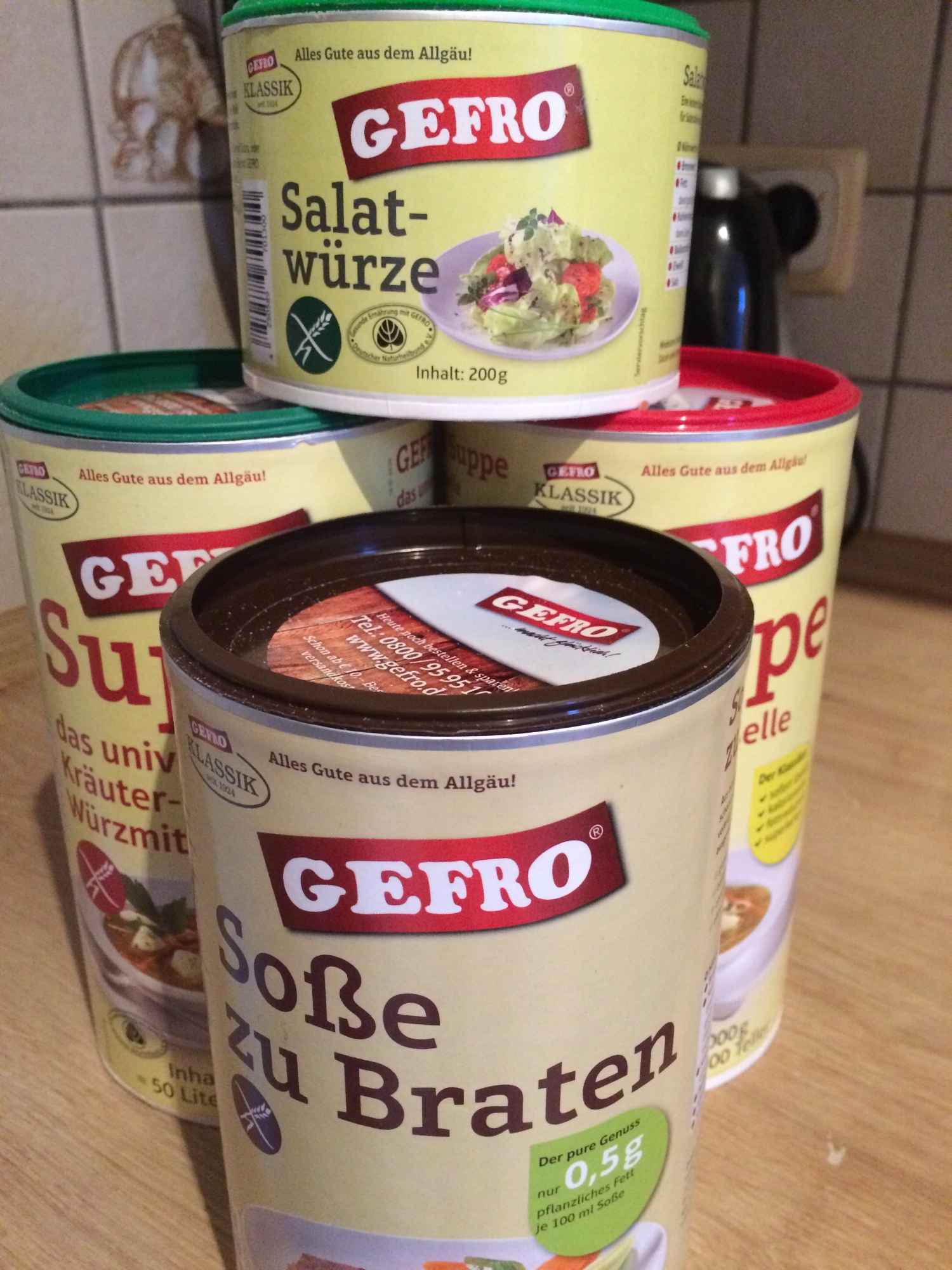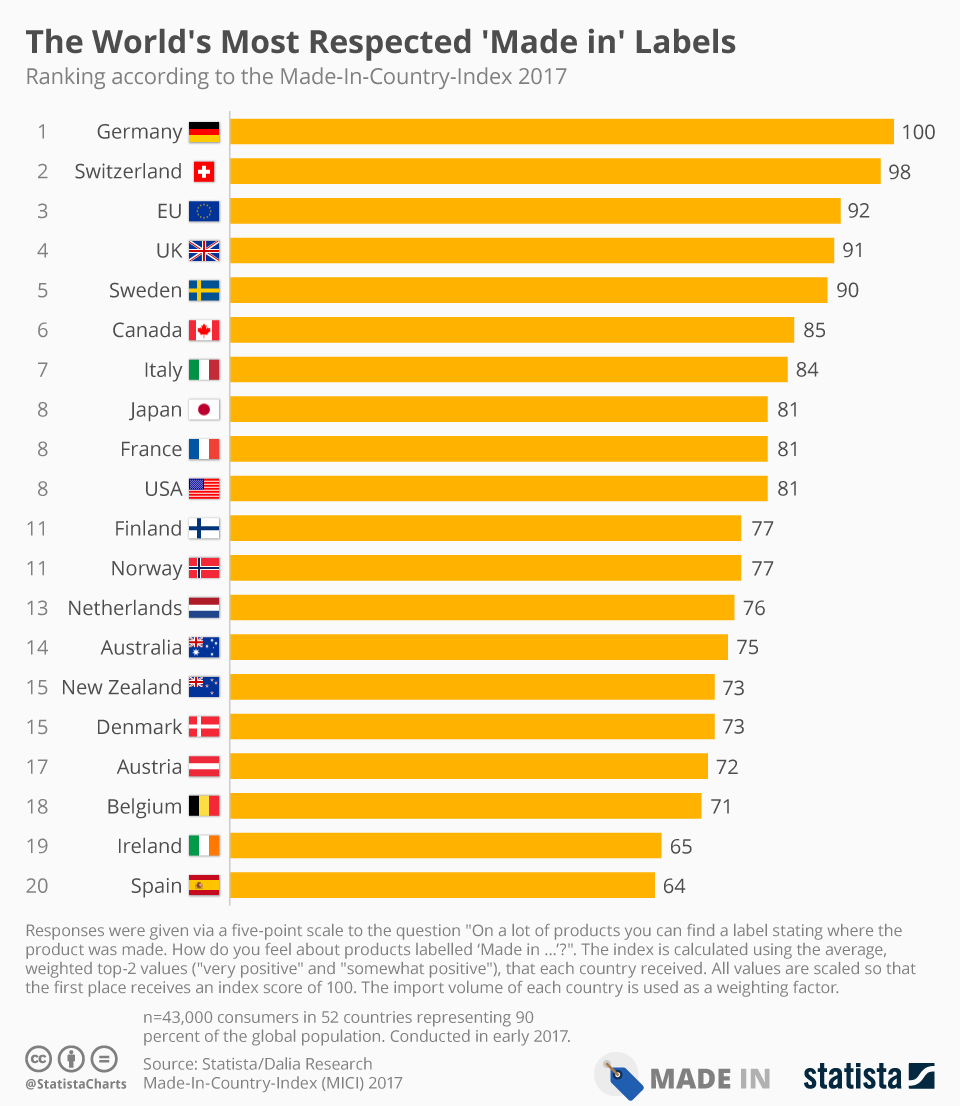What We Miss.
Whenever I return to the UK I am often asked about the things I miss. I have always found this a hard question to answer, because after living in a foreign country for long enough, you forget certain things that used to be so important or integral to the day to day. At first I used to miss bacon, not the slim cut Speck that can be found in all good Metzgereis here in Germany, but the thick cut kind that is the staple of a solid bacon sandwich. Overtime, the desire to have one dissipated and now I revel in the fact that I can walk upstairs without heaving breaths and I no longer sweat when I eat. I still make a bee line to the conveniently placed Greggs at Newcastle airport whenever I arrive back in the UK, but my arteries have been thanking me that I no longer have the opportunity to eat a couple every morning.
Tea is another necessity that is often top of the list of things that the British miss while abroad and for a short time I could satisfy my cravings by buying various types of German tea, up until the point of realising that the anaemic looking cups of Earl Grey that I was quaffing out of habit were worse than if I simply brewed a bag of sticks and drank that instead. Unable or unwilling to enjoy the Pfefferminze tea that my wife loves so much I simply stopped. Do not get me wrong, I have a secret reserve of Yorkshire Tea hidden away at the back of the cupboard, just in case the apocalypse comes and I require a stiff brew or three, but the days of drinking 12 cups in 24 hours is a thing of the past.
In those early years of adjustment, I might come across British products in the supermarket by pure chance, thanks mainly to weekly offers at Lidl such as the “British Week” that seems to come around every couple of months. Sadly, British week consists of unknown brands of baked beans, thick cut frozen chips and bags of Salt and Vinegar crisps that tasted liked pre-packaged botulism. If I was lucky, they would have cheddar cheese, which I would buy in huge quantities and consume in a few well made slices of cheese on toast, only to find I was sweating calcium crystals the next day as my body tried to process 350g of protein.
Whether it is bacon, tea or cheese that a person misses, everyday British products seem to have become much easier to get a hold of then when I first arrived in Germany. I can find PG Tips and Heinz Baked Beans at my local shop, but since I am unwilling to pay the premium, they rarely feature in my weekly shop. The same can be said for Irn-Bru, which I found lurking in the energy drinks aisle a few months ago, but again the €1.49 price tag means that I only purchase it if I know that I will be on a 12 hour drinking session over the weekend and need the curative powers of what my wife calls “that disgusting Scottish drink”. All the more for me then.
In addition to local purchases, websites have sprung up that provide the British exapt with things that are practically impossible to find in Germany, no matter how weird or wonderful. Jammy Dodgers, OXO cubes and crumpets are among a wealth of different things the British may miss and find impossible to replace. Even the humble Irish sausage can be easily shipped to most destinations, although I am fairly sure that the moment I clicked the order button I would hear a knock at the door and find some kind of government sanctioned Wurst Police asking some difficult questions about my sausage buying habits.
I posed the question of “What would you miss?” to a group of Germans and unsurprisingly the first answer was “bread”. Bread is the fundamental foodstuff of Germany and I have yet to take holiday with my German family that does not descend into a forlorn quest to find bread that meets the impossibly high standards of the Germans. “This is all toast” I hear them moan as we walk from shop to shop, hoping that I might find an artisan baker charging €10 a loaf, just so the torment can finally come to an end.
“Bratensauce” another offered. Unsure how to answer, I replied that of all the things that we could find abroad, gravy was by far the easiest, I mean in some places it comes out of the taps. “Yea, but is it Gefro?” another asked. At that point I was stumped, I was sure that we would find gravy, but whether it was from Gefro standard, I had no idea. Again Gefro is a staple of most German dinner tables, with Gefro Suppe being the go to ingredient in nearly any recipe. If something does not taste right, throw in a couple of spoons of Gefro and viola, perfect.
One of the group sat in quiet contemplation for a few minutes and then said what I believe to be the most German answer to any question I could ever ask (this week at least). “Quality” he said with a seriousness that only Germans can ever manage. On that point, I really had no reply. It may seem to be an answer born of an inherent German sense of superiority, but I can say with some level of confidence that there are few countries in the world that can manufacturer anything that beats the ‘Made in Germany’ label. As if more evidence were needed, ‘Made in Germany’ was recently voted the most respected of all the ‘Made in’ labels in the world. Once again, the Germans had evidence based assessments on their side
The desire for German quality might be one of the harder challenges that can be faced when moving to different countries, but on the whole I think that it is a case of adapt or die. Expats have to adapt to their surroundings to some extent, but can always attempt to replicate the things they miss most, especially if they can find accommodating websites. There will always be little things that expats miss about their home countries and I do not think this is something that should be a hindrance to the enjoyment of new surroundings. We might not always be able to find what we want, but those things can always be found when we return. At least this is my excuse for devouring packet after packet of mini pork pies, seconds after leaving Newcastle airport.











